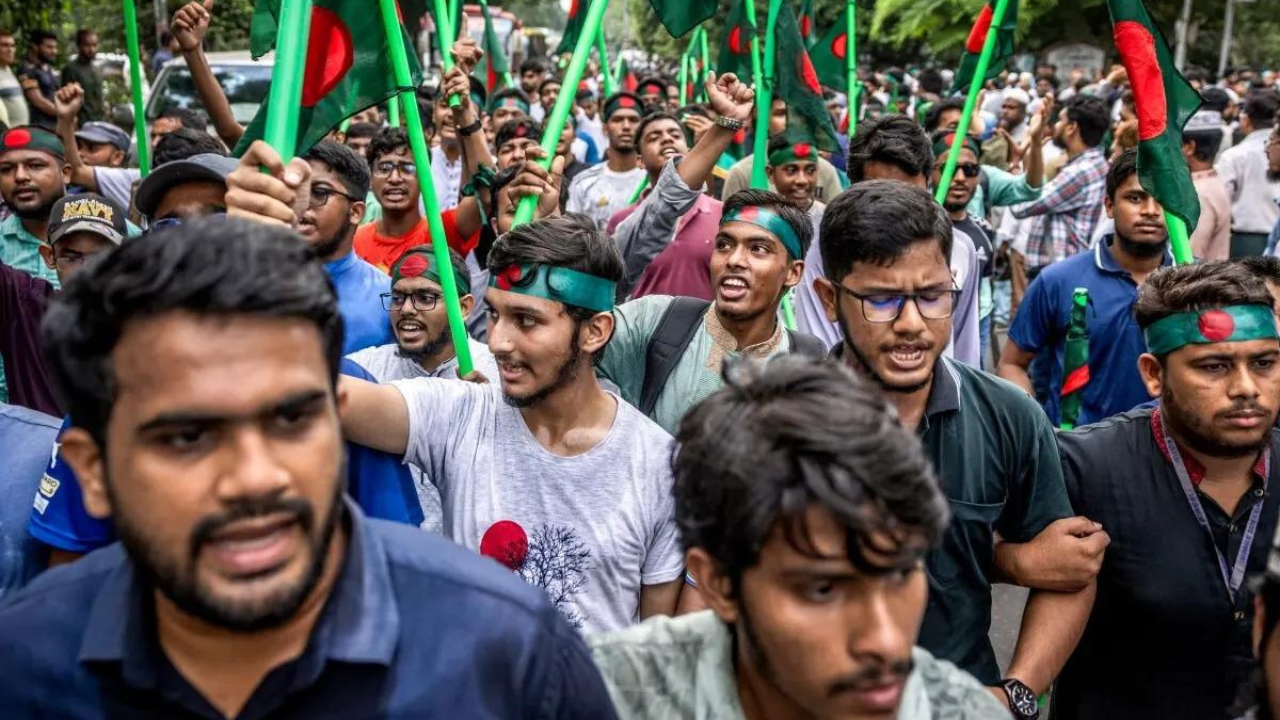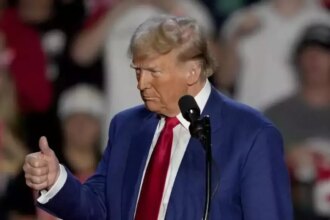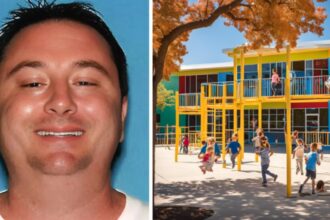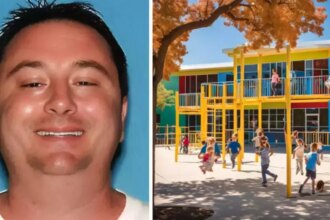Supporters of ousted Bangladesh Prime Minister Sheikh Hasina were beaten with bamboo rods and pipes by mobs vowing to protect Bangladesh’s student-led revolution at the site of a planned rally on Thursday.
August 15 marks the anniversary of the 1975 assassination of Hasina’s father, independence hero Sheikh Mujibur Rahman, during a military coup. In previous years, large rallies were held across Bangladesh to commemorate the occasion, but those who celebrated Hasina’s downfall were determined to prevent her Awami League party supporters from regrouping.
The interim government canceled the observance of the politically charged holiday on Tuesday, AFP reported.
Hundreds of men, mostly non-students, formed a human barricade across the street leading to Hasina’s old family home, where her father and many relatives were killed 49 years ago. The landmark, once a museum dedicated to her father, was torched and vandalized by a mob shortly after Hasina’s fall. Several suspected Awami League supporters were beaten with sticks, while others were forcibly removed from the area.
Hasina’s first statement after ouster
The 76-year-old Hasina fled to India last week as protests engulfed Dhaka’s streets, ending her 15-year rule.
Hasina, in her first public statement since her departure, asked supporters to “pray for the salvation of all souls by offering floral garlands and praying” outside the landmark. She was accused of establishing a cult of personality around her father during her time in office, requiring his portrait to be displayed in every school, government office, and diplomatic mission. Criticism of her father online was punishable by up to 10 years in prison.
A court in Dhaka opened a murder case against Hasina, two senior Awami League allies, and four police officers related to the unrest. Several other top politicians from the party have been detained in unrelated probes. Yunus, 84, returned from Europe last Thursday to head a temporary administration tasked with steering democratic reforms. He took office as “chief adviser” to a caretaker administration and has expressed his desire to hold elections “within a few months”.
The interim government, led by Nobel laureate Muhammad Yunus, has invited UN investigators to examine the violent “atrocities” that accompanied Hasina’s removal, resulting in hundreds of deaths at the hands of security forces. The interim cabinet announced that UN investigators would arrive next week to probe the “atrocities” committed during the protests that led to Hasina’s ouster.
August 15 marks the anniversary of the 1975 assassination of Hasina’s father, independence hero Sheikh Mujibur Rahman, during a military coup. In previous years, large rallies were held across Bangladesh to commemorate the occasion, but those who celebrated Hasina’s downfall were determined to prevent her Awami League party supporters from regrouping.
The interim government canceled the observance of the politically charged holiday on Tuesday, AFP reported.
Hundreds of men, mostly non-students, formed a human barricade across the street leading to Hasina’s old family home, where her father and many relatives were killed 49 years ago. The landmark, once a museum dedicated to her father, was torched and vandalized by a mob shortly after Hasina’s fall. Several suspected Awami League supporters were beaten with sticks, while others were forcibly removed from the area.
Hasina’s first statement after ouster
The 76-year-old Hasina fled to India last week as protests engulfed Dhaka’s streets, ending her 15-year rule.
Hasina, in her first public statement since her departure, asked supporters to “pray for the salvation of all souls by offering floral garlands and praying” outside the landmark. She was accused of establishing a cult of personality around her father during her time in office, requiring his portrait to be displayed in every school, government office, and diplomatic mission. Criticism of her father online was punishable by up to 10 years in prison.
A court in Dhaka opened a murder case against Hasina, two senior Awami League allies, and four police officers related to the unrest. Several other top politicians from the party have been detained in unrelated probes. Yunus, 84, returned from Europe last Thursday to head a temporary administration tasked with steering democratic reforms. He took office as “chief adviser” to a caretaker administration and has expressed his desire to hold elections “within a few months”.
The interim government, led by Nobel laureate Muhammad Yunus, has invited UN investigators to examine the violent “atrocities” that accompanied Hasina’s removal, resulting in hundreds of deaths at the hands of security forces. The interim cabinet announced that UN investigators would arrive next week to probe the “atrocities” committed during the protests that led to Hasina’s ouster.
Source : Times of India








